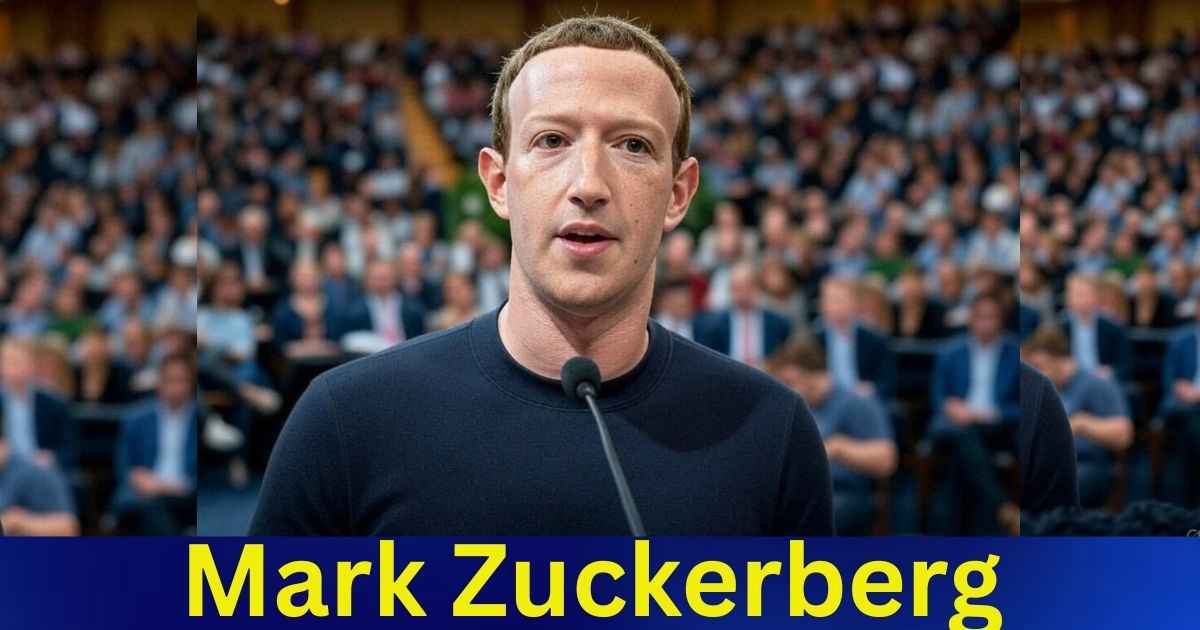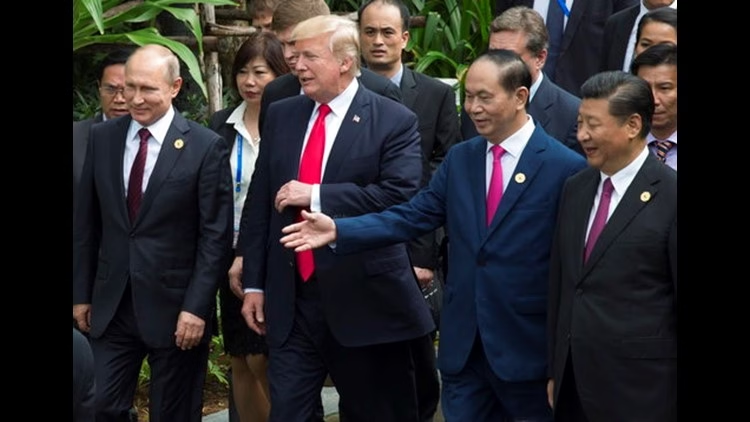Mark Zuckerberg Defends Meta’s Shift: Trusts Public Intelligence Over Heavy Content Moderation
Meta CEO Mark Zuckerberg has openly defended his company’s decision to scale back content moderation and fact-checking across its platforms, arguing that people are capable of deciding for themselves what to believe. His comments come as Meta, the parent company of Facebook and Instagram, faces sharp criticism over its move to restore greater freedom of speech online.
In January, Meta announced that it would end certain controversial fact-checking practices and ease restrictions on content across its platforms. The company admitted that its existing moderation policies had “gone too far,” limiting free expression more than intended. The decision sparked immediate backlash from advocacy groups and critics who fear that weaker content moderation could lead to the spread of misinformation and extremist content.
Appearing on Theo Von’s This Past Weekend podcast, Zuckerberg pushed back against his critics and the media, suggesting that many underestimate the intelligence and autonomy of ordinary people.
“There’s a version of history that says that individual people are very powerful and have a lot of kind of autonomy… and then there’s all these other narratives where people try to diminish people’s autonomy,” Zuckerberg said, stressing that he stands firmly on the side of believing in people’s ability to make their own judgments.
Media Criticism and the Misunderstanding Narrative
Zuckerberg argued that if there is a misunderstanding about the consequences of reduced moderation, it often stems from the media itself. He suggested that mainstream narratives frequently misinterpret public behaviour because they fail to understand the everyday realities of people’s lives.
“I think people are smarter than they get credit for,” Zuckerberg said. “When they do things that the media thinks don’t make sense, it’s generally because the media doesn’t understand their lives — not because the people are stupid.”
He further criticised what he sees as a “paternalistic” attitude from some media outlets, where journalists and elites assume they know better than the public.
A Changing Information Landscape
Zuckerberg acknowledged that the cultural and media landscape is shifting, noting that traditional elites are finding it harder to predict public behaviour and societal trends. This, he said, should encourage a bit more humility among commentators and policymakers when it comes to managing online spaces.
He maintained that the most important measure of a system’s success is whether people find it useful, not whether it is tightly controlled by so-called experts.
Warning Against Paternalism in Tech
One of Zuckerberg’s clearest warnings was directed at the tech industry itself: companies risk losing relevance when they believe they know better than their users.
“Whenever we adopt the attitude of, ‘Oh, we must know better than them because we’re the ones building technology,’ that’s when you lose,” he said. “If you have that attitude for long enough, you become a bad company — and eventually, you become irrelevant.”
Throughout the discussion, Zuckerberg repeatedly reaffirmed his belief that empowering people, rather than restricting them, will ultimately drive society forward in a healthier direction.






